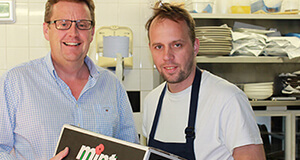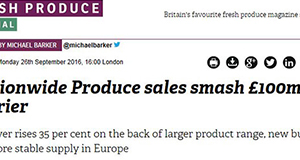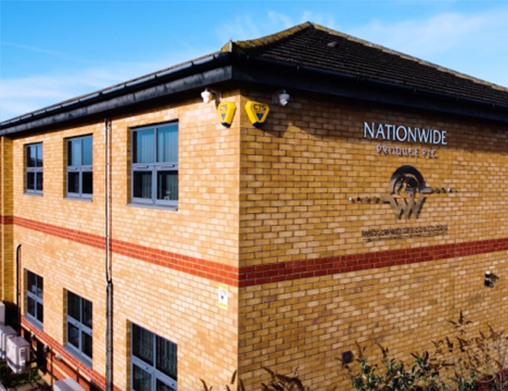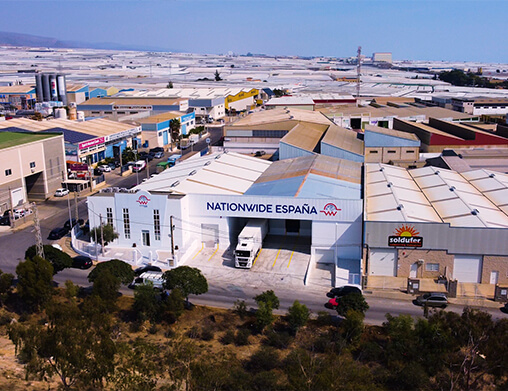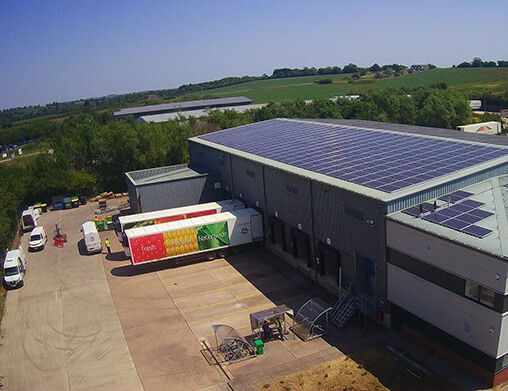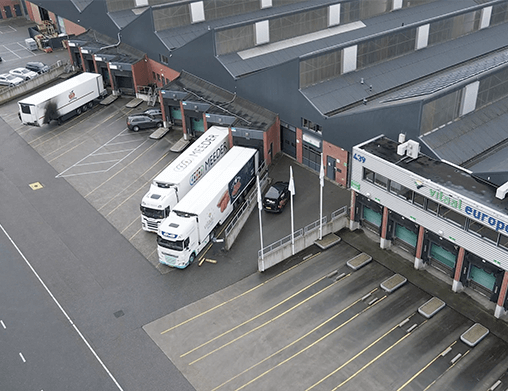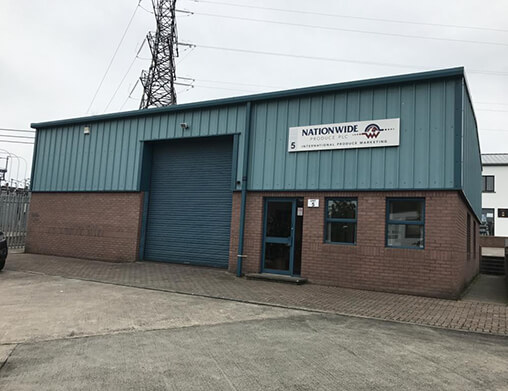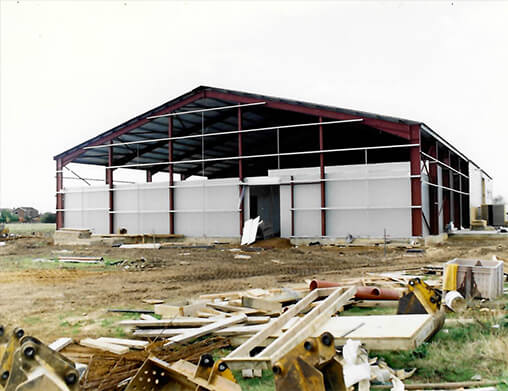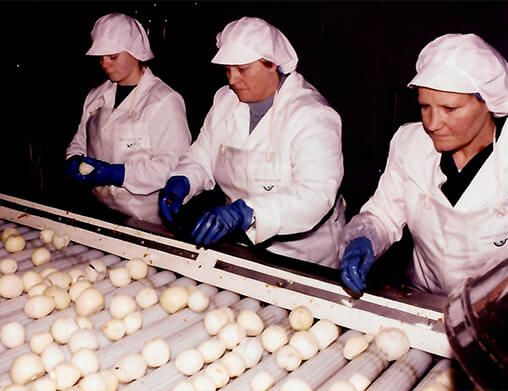Race to the Bottom
I was in the south of France last week on holiday. I popped to a local, large, out-of-town Carrefour for groceries. As always, I took a good look around the fresh produce section.
The quality of the produce was similar to the UK but the prices notably higher. I just want to focus in on one prime example of this – carrots. The price of a 1kg bag of carrots at the biggest retailer in the UK last week was 44p. The price of a 1kg bag of carrots at the biggest retailer in France last week was €2.49. That’s not double, treble or even quadruple the price – it’s 5 times the price! Ironically, the very next day I was listening to the radio at breakfast and choked on my cornflakes when I heard the news that Tesco and Carrefour have announced a “strategic buying alliance”. I have never come even close to feeling sympathy for French growers but on this occasion….
All veg lines have suffered over the last couple of years during the fierce price war amongst UK retailers. But none more so, in my opinion, than the humble carrot. The price back to the grower/packer now for carrots from the retailers is as low as I’ve known it for the 35 years I’ve been in fresh produce. It’s fair to say UK carrot growers/packers have been kicked black and blue on price. As with most other veg lines, there is a race to the bottom by UK retailers on price. Prices are now fixed mainly on one or two-year fixed price deals. The price is arrived at nowadays by the bigger retailers insisting their suppliers lay bare all their costs in intricate detail. The retailer then analyses all these costs and tweeks them down to be in line with the lowest. Then a price is offered based on the sum of these lowest-of-the-low cost of production prices plus a small margin of a couple of percent. There’s little or no room given in the equation for crop failure, disease, drought, floods etc. The risk to reward factor is off the scale.
And this method of pricing also throws up another issue – quality. As well as a race to the bottom on price, UK retailers also appear to be on a race to the bottom on quality. The retail sector has, until recently, been the pioneers for quality. The retailers have in the past gone to great lengths to source produce from around the world at a time when UK crop is not available or simply not good enough. And they’ve achieved this by being prepared to pay for it. To use carrots again as an example, the UK retailers pioneered importing French carrots from around mid-May to late June. At this time of the year, UK carrots can be as much as 13-months old. I’m a big fan of UK carrots but at that time of year, a 12 to 13 months old UK carrot with a thick woody core is simply not a patch on a sweet-tasting, French, new season carrot. The attitude from the UK retailers used to be “we clearly need something better – import French”. Now it’s “that’s your fixed price, I don’t care if they’re English, French or Outer Mongolian….just get them on my shelves at that price!”. Most sectors of the market other than the big retailers continue to recognise the difference in quality and are prepared to pay the price for it. So, you will now often find far better quality produce on your plate in a restaurant, or at a market stall or your local greengrocer than you will at your local supermarket.
We’re already starting to see huge crop shortages as a result of the current heatwave – lettuce being a prime example. I can’t emphasise enough how serious the situation is looking for the 2018-19 season. We grow ourselves – mainly root crops in East Anglia and Yorkshire. We’ve had the perfect storm of poor growing conditions – it’s not all about the current heatwave. It started with a remarkably wet and cold spring which meant many crops were either planted too late or planted in cold soil temperatures and in wet conditions. This has been followed by the hottest driest spell of weather we’ve suffered for many years. The county I’m from, Lancashire, one of the wettest in the UK, hasn’t had any significant rain for 10 weeks and the mercury has regularly hit 30°C. And here’s where this issue is particularly unusual – all the major growing areas for field crops in the UK are affected – there’s no regional variations. We’re irrigating our crops at the moment just to keep them alive. Irrigated crops simply are not growing. Crops without irrigation are dying. There will be a significant impact on yield and size. For our own onion crops we’re estimating a reduction in yield of around 25 to 30% and hardly any bulbs over 70mm….which is a major issue as the most popular size and premium price for onions is 70-90mm by far. There is no doubt that if customers hold their suppliers to their “barely covers the cost of production if all goes well” contract prices, there will be some heavy losses or casualties amongst growers and packers.
We’re an unusual business in that we turn over £120m but don’t supply any of the big UK retailers directly. “So why are you so concerned about how the retailers are treating their suppliers?” I hear you ask. Firstly, because the retailers absolutely lead the market. They are by far the biggest buyers in the market so whatever they’re doing will always have a knock-on effect down the line to other sectors of the industry. So if the big retailers are not flexible on specs and take the hardline on pricing this season, it will make it so much more difficult for the rest of the industry. We need them to be reasonable – we need them to lead the way. Secondly, I fear for the UK farming industry. There’s another perfect storm brewing here – increased costs as a result of the weak pound, the minimum wage, reduced availability of labour combined with ever lower returns for their produce will simply push production abroad. I know of several large UK farmers seriously considering moving veg crop growing and packing over to Eastern Europe. We have around 65 million people on this small, over-crowded island. We import around half of our veg and 90% of our fruit and I can only see that increasing as growers struggle to make veg growing pay.
This growing season has the potential to be one of the worst on record. I would urge our customers to be reasonable both on prices and specs – the latter in terms of size or weight rather than quality. I would also urge you to take a tour of our crops and see for yourself the stress they are under in this heat and then pass this message on loud and clear to your customers. If you’re too busy for that then let us know and we will send you crop reports with pictures. We’re staring down the double barrel of a very difficult season ahead – increased prices and lower specs – we need to work together as customer and supplier and we need common sense to prevail.

Tim O’Malley
Group Managing Director
Nationwide Produce PLC


